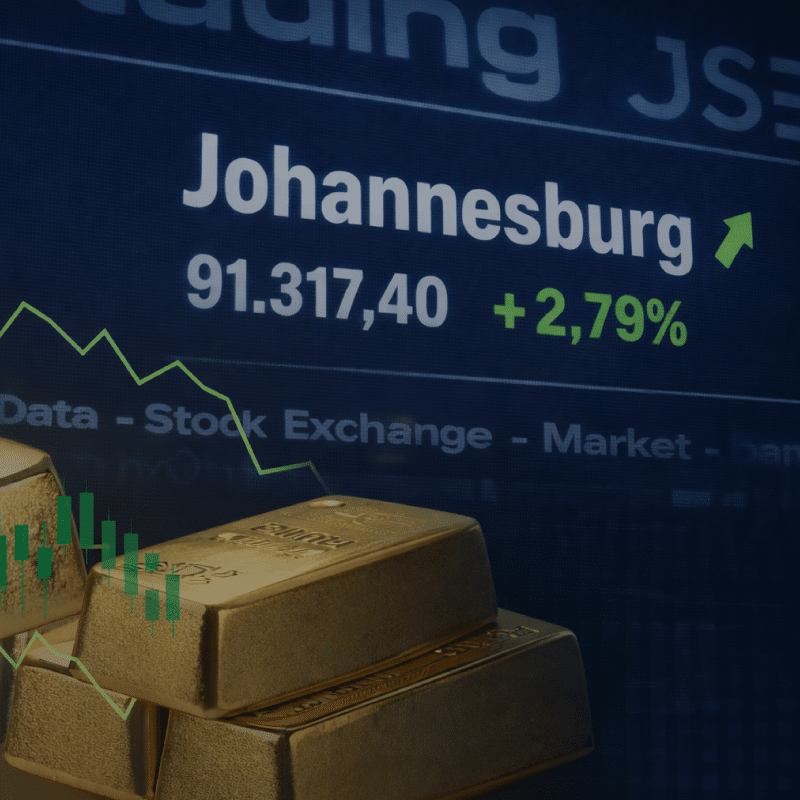The local bourse had a good start to 2022 (FTSE/JSE Capped SWIX +2.4% MoM) as it benefitted from improved sentiment towards emerging markets (EMs) and a rally in commodity prices. Mining shares were amongst the best performers (+5% MoM). The Peoples Bank of China (PBOC) has started loosening monetary policy in an attempt to boost flagging economic growth and the prospect of stronger economic growth in China helped boost commodity prices (iron ore +12% MoM) and drove the share prices of diversified miners higher (BHP +5% MoM, Anglo American +4% MoM). Geopolitical tensions surrounding the build-up of Russian troops on the border of Ukraine placed pressure on a tight global energy market, driving Brent crude oil and thermal coal prices higher (17% MoM and 26% MoM in US dollar terms, respectively). Sasol and Thungela were the biggest local beneficiaries of spiking energy prices (+33% MoM and +11% MoM, respectively).
Domestically focussed companies also benefitted from improving sentiment towards value stocks, with the local banks having a good month (ABSA +11% MoM, Nedbank +9% MoM and Standard Bank +7% MoM). British American Tobacco was also a beneficiary of improving sentiment towards value stocks (+13% MoM), despite a 3.7% MoM headwind from rand strength against the US dollar. MTN was amongst the best-performing local shares in January (+13% MoM) boosted by the announcement of a 45% YoY jump in profits in its Nigerian business. Local currency strength weighed on Naspers and Prosus, which both ended January lower despite a 6% MoM return in Hong Kong dollar terms from their largest investment, Tencent. Gold shares were amongst the worst performing on the local bourse in January (-10% MoM) as the prospect of higher global rates weighed on the gold price (-5% MoM in rand terms).
The January meeting of the South African Reserve Bank (SARB) delivered a much anticipated 0.25% rate hike, the second of the current hiking cycle, pushing the repo rate to 4% – still well below the 6.25% level it was at going into the pandemic. The hike came in the wake of the country’s highest inflation print in almost 5 years (+5.9% YoY), though when stripping out the volatile food and energy components, core inflation for December came in at a much more muted 3.4% YoY increase. The tone of the SARB was significantly less hawkish than the market had priced for, with one SARB member even voting to keep rates unchanged, and SA 10-year government bond yields ended the month unchanged at 9.8%, despite a spike in global bond yields.




